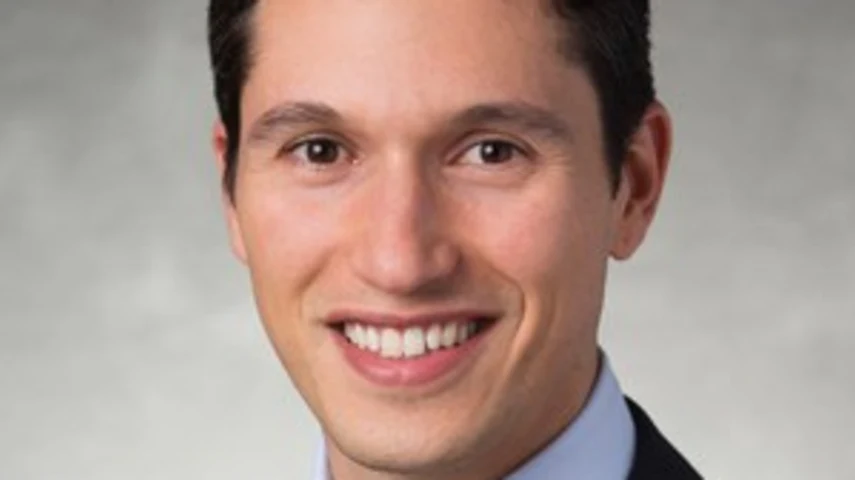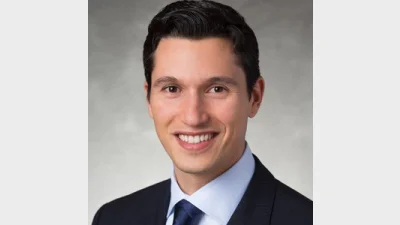Economic conditions threaten cash-heavy SMSFs



Self-managed superannuation funds (SMSFs) that continue to put large sums in cash should expect to see returns watered down by tax and inflation, an asset manager has warned.
Despite falling interest rates and rising inflation, Australian SMSFs still invested almost a third of funds - $154.1 billion - in cash and term deposits in the September quarter of last year, according to Australian Taxation Office (ATO) data.
Arian Neiron, managing director of ETF asset manager Market Vectors Australia, said it was time to consider diversifying.
"The Australian market is deeply concentrated, with the top five securities accounting for almost 40 per cent of the market. This concentration is also reflected in SMSF portfolios," he said.
"Historically, SMSFs have invested in only a small number of shares, favouring large-cap companies. The result is increased concentration risk through lack of diversification. This approach can lead to a risk profile that is actually higher than many trustees realise."
Neiron said an ETF could reduce equity risk while offering SMSFs access to several markets and companies.
"As well as term deposit investments, SMSFs have a wide range of listed investment options, such as ETFs, which can be used as a long-term growth strategy or to gain short-to-medium term equity market exposure while deciding where to put funds longer term," Neiron said.
Recommended for you
ASIC has commenced civil penalty proceedings in the Federal Court against superannuation trustee Diversa Trustees, regarding the First Guardian Master Fund.
The winners have been announced for the 2025 Super Fund of the Year Awards, held in Melbourne on 26 November by Money Management's sister brand Super Review.
Data and technology provider Novigi has acquired Iress’ superannuation consulting and managed services business from Apex Group.
AMP is to launch a digital advice service to provide retirement advice to members of its AMP Super Fund, in partnership with Bravura Solutions.










